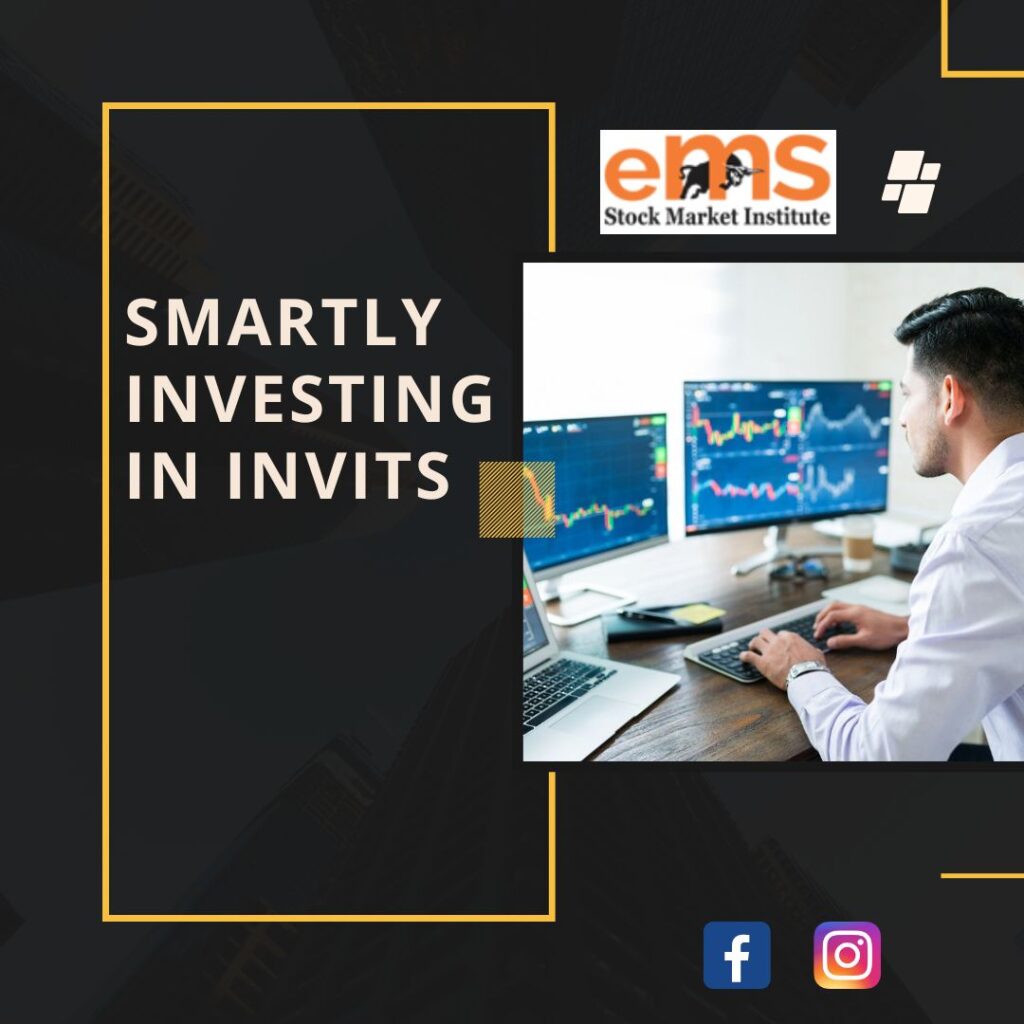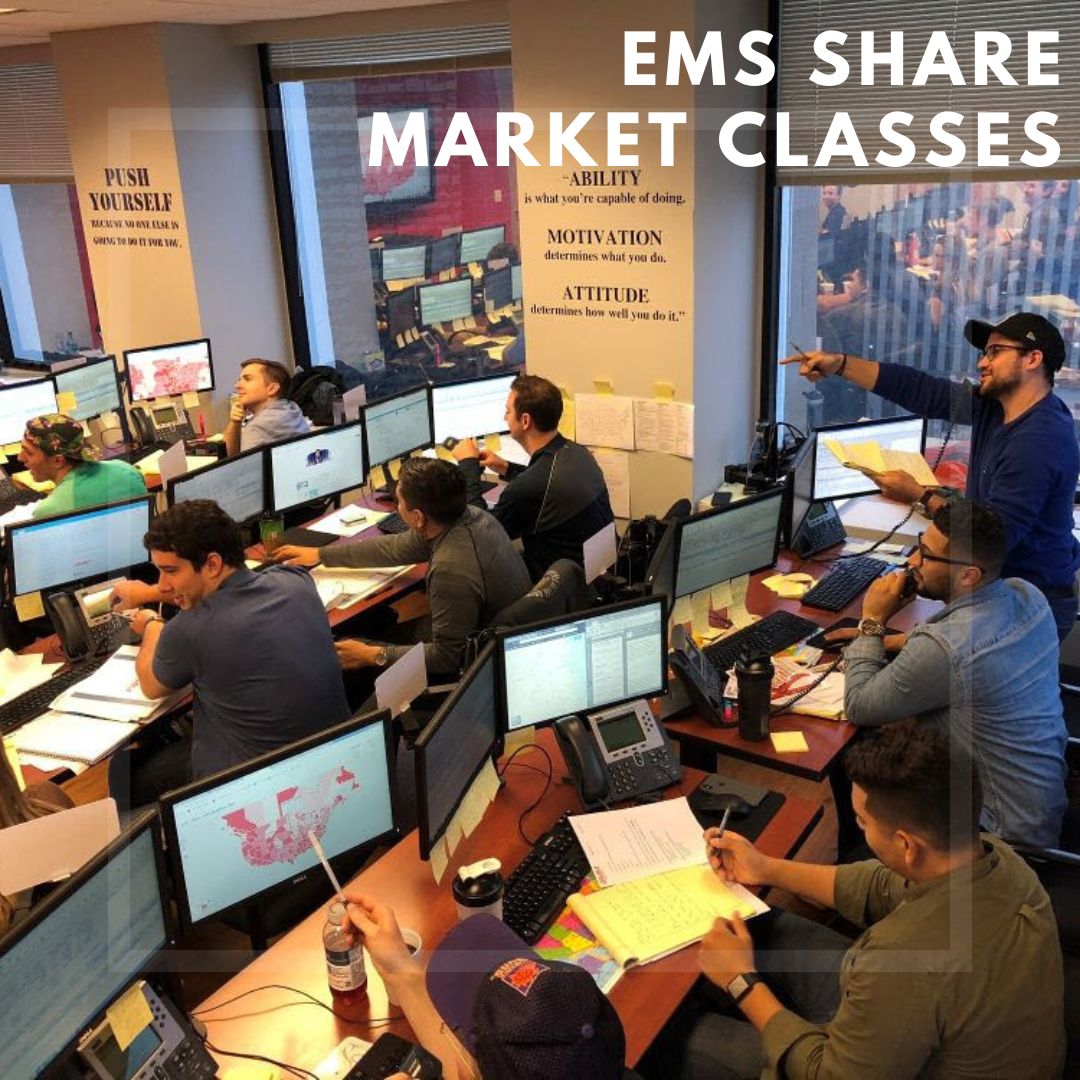In EMS stock market classes we look at many ways to diversify your Portfolio. INVIT is one such option. InvITs list on the stock exchanges to raise capital for the purchase of a portfolio of operational infrastructure assets that are already producing consistent cash flows. It is like a hybrid product―with equity and fixed-income characteristics
Infrastructure investment trusts, or InvITs, have been around for a while but many investors are still unaware of this option for investing that may very well replace some, if not all, of their debt investments with a little different flavour and a higher risk-reward ratio.


Should individual investors think about investing in InvITs? Before choosing to invest in this new asset class, let’s go through the basics.
InvITs look like mutual funds
InvITs, which function similarly to mutual funds (MFs), provide investors with units in exchange for their investments and allow for the pooling of capital from multiple investors, with specific management in charge of the assets.
The key distinction between an InvIT and an MF is that in the former, the funds are invested in infrastructure projects, while in the latter, the funds are in invested in diverse equity and debt instruments.
What types of infrastructure projects do InvITs invest in?
InvITs usually invest in roads and operating highways, besides power generation, distribution, and transmission units. InvITs may own and manage some of these assets. To put it simply, any infrastructure project ― as the name of the investment suggests ― is an option for an InvIT.
Why InvITs are less risky than direct infra stocks/MF schemes?
InvITs are matured, stable assets; the stage of conceptualisation and implementation of the infrastructure project would already be over before the InvIT scheme comes into action. InvITs aim to optimise the matured operations, and hence, render them safer than investment in direct infra stocks/MF schemes.
Let’s take an example. Let’s assume that a road has already been built, meaning that the said road project’s conceptualisation and execution phases are over. With the implementation risk eliminated, a significant safety net comes into play. Then we look at the number of vehicles currently using the road. With this data in hand, you can calculate the toll collection. These mature assets are listed on the company’s balance sheet.
You may also relate it to Real Estate Investment Trusts (REITs), where business operations start after a structure, for instance, a building project, is built. Learn about such new investment Ideas in ours classes. Located in Deccan Pune. EMS classes are one of the best rated classes on google, because we encourage students to build a wholesome portfolio.







